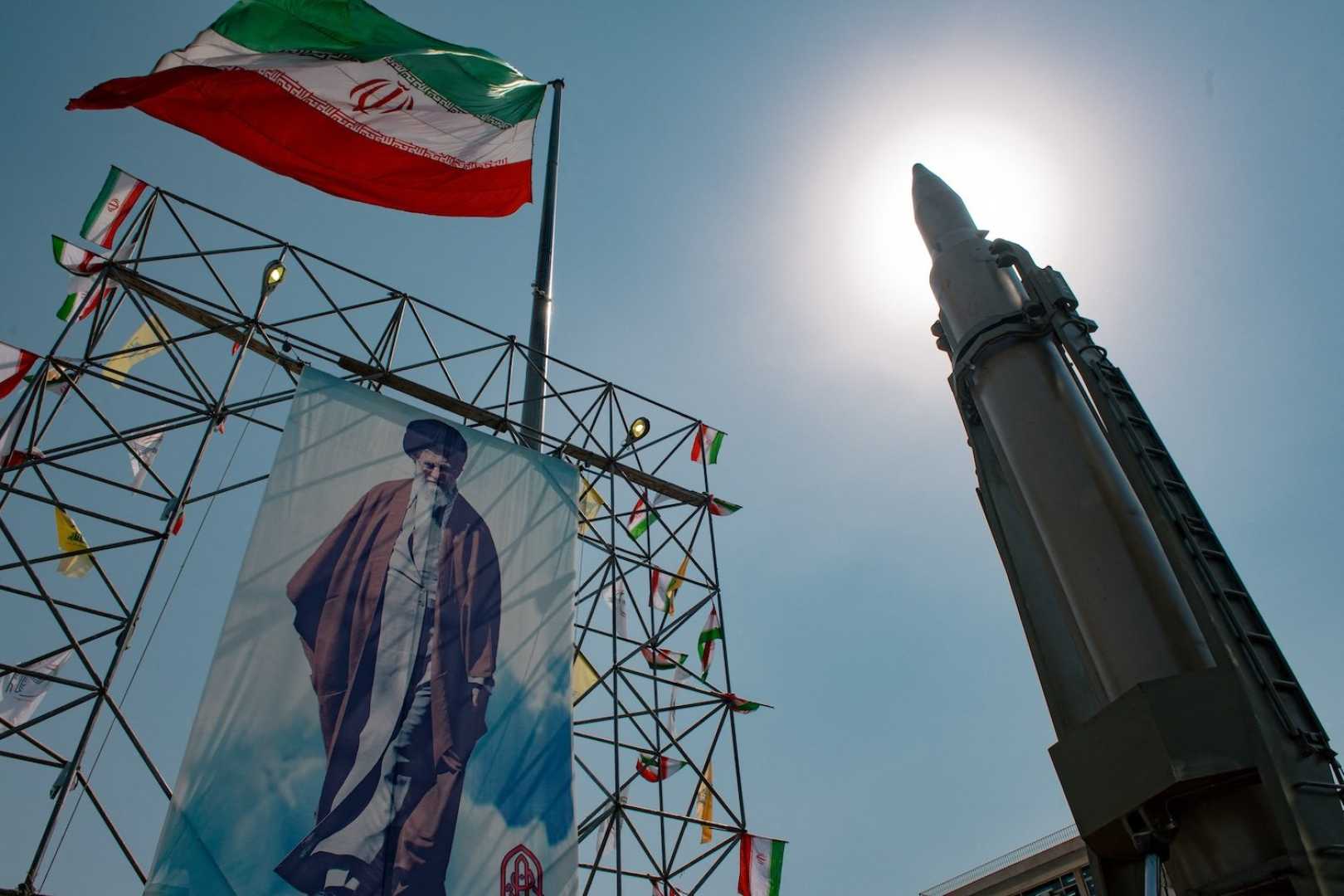News
Iran’s Nuclear Intentions Under Scrutiny Amidst Speculation of Covert Activities

There is currently no evidence to suggest that Iran has made the decision to develop a nuclear weapon, according to Central Intelligence Agency Director William Burns. During the Cipher Brief security conference in Sea Island, Georgia, Burns emphasized that any movement towards weaponization by Iran would likely be detected by the United States and its allies soon after the decision was made.
Despite recent tensions following an Iranian ballistic missile barrage, speculation has increased regarding potential preemptive strikes on Iran’s nuclear sites by concerned nations. Burns highlighted that Iran has advanced its nuclear program significantly by amassing uranium enriched to near weapons-grade levels. He noted that while Iran could quickly produce fissile material for a bomb if it chose to, the intelligence suggests no such decision has been made yet.
Supreme Leader Ayatollah Ali Khamenei, who holds ultimate authority in Iran, had previously issued a religious decree, or fatwa, against the use of nuclear weapons in 2003. However, developments since the U.S. withdrawal from the Joint Comprehensive Plan of Action (JCPOA) in 2018 have brought Iran “much closer” to potentially having enough material for a weapon, Burns stated.
The JCPOA, also known as the Iran nuclear deal, imposed strict limits on Iran’s nuclear activities while offering economic relief. Since former President Donald Trump withdrew the U.S. from the agreement, Iran has increased its nuclear activities and restricted international inspections of its nuclear sites. This has considerably reduced the time needed for Iran to acquire weapons-grade material.
CIA Director Burns also pointed out Iran’s expanding missile capabilities, which could serve as delivery mechanisms for any potential nuclear weapons. He voiced concerns about the risks posed by Iran’s rapid advancements, noting that while no decision has been made towards building a weapon, the time frame for detection and response by external parties has diminished.
Concurrently, allegations on Persian-language social media platforms claim a recent earthquake in Iran’s Semnan Province was a covert nuclear test. These claims have been fueled by ultra-hardliners advocating for nuclear deterrence capabilities amidst increasing regional threats. Despite the seismological data suggesting natural seismic activity, speculation continues to circulate online.
This conjecture has been propagated by domestic platforms and social media users who erroneously attributed the earthquake analysis to a supposed Armenian seismological station’s findings. Experts have discredited such narratives, referring to reports based on credible sources from Tehran University’s Geophysics Institute.
Some voices in Iran have advocated for revising the country’s nuclear stance, citing international security dynamics. Mostafa Najafi, a Tehran-based academic, remarked on the growing discourse around Iran pursuing nuclear weapons as a deterrent, especially in light of perceived threats from nuclear-capable states.












